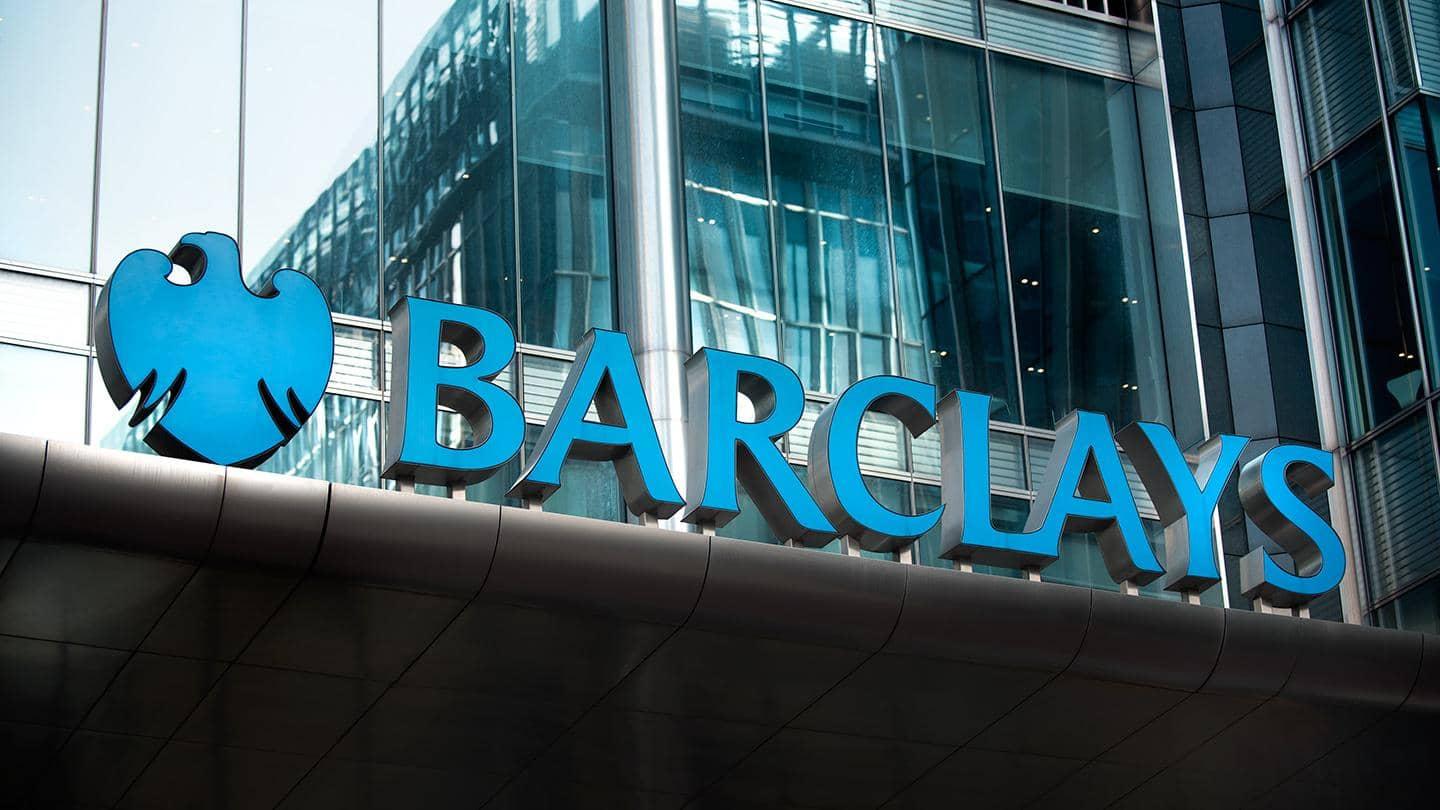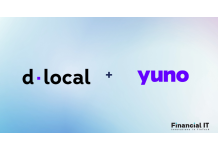Finductive Goes Live With Temenos To Power Digital...
- 11.12.2025 08:05 am
Payfuture Expands Into South Africa, Enabling Global...
- 10.12.2025 09:45 am
Mastercard Outlines Six Payment Trends Set To Define...
- 10.12.2025 09:45 am
Swiipr Partners With Google To Launch World’s First...
- 10.12.2025 09:35 am
Jopari Collaborates With J.P. Morgan To Enhance...
- 10.12.2025 08:45 am
Klarna Now Available On Apple Pay To Customers In...
- 10.12.2025 08:35 am
Peruvian Paytech Yape Aims To Reach Half Of Bolivia’s...
- 10.12.2025 08:25 am
Modulr Partners With Conferma To Modernise And...
- 10.12.2025 08:25 am
dLocal And Yuno Expand Partnership To Simplify Global...
- 10.12.2025 08:10 am
ClearBank Partners With Finseta To Power Its...
- 09.12.2025 09:15 am
Wakam UK Ltd Partners With Vitesse To Accelerate...
- 09.12.2025 08:35 am
TenPay Global And Mastercard Collaborate To Enable...
- 08.12.2025 02:15 pm






















